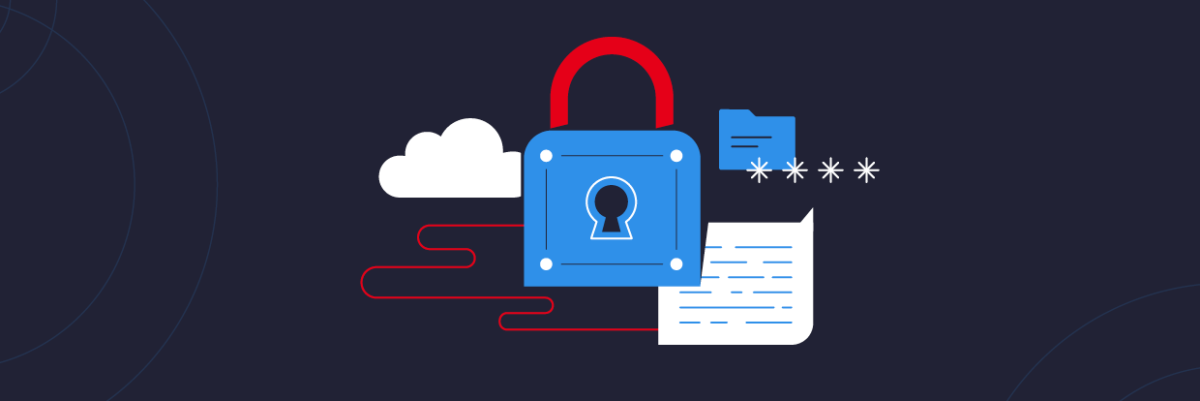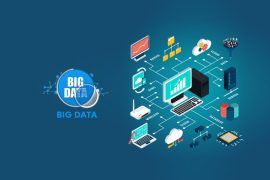Data is the backbone of every organization, regardless of its size or industry. With the exponential growth of data, the need for robust data security and compliance measures has become more critical than ever. Software as a Service (SaaS) has emerged as a powerful solution, providing businesses with innovative tools to safeguard sensitive information and adhere to stringent data protection regulations. In this article, we will explore the pivotal role of SaaS in ensuring data security and compliance, delving into the various features and best practices that make SaaS an indispensable ally for modern businesses.
Table of Contents
Implications for Data Security

Software as a Service (SaaS) is a cloud-based software delivery model that allows users to access applications and services over the Internet, eliminating the need for on-premises installations. SaaS applications are hosted and maintained by third-party providers, offering a range of benefits that directly impact data security:
Centralized Security Management
One of the most significant advantages of SaaS lies in its centralized security management. Reputable SaaS providers invest heavily in advanced security infrastructure, protocols, and dedicated teams of cybersecurity experts. These centralized efforts allow for consistent monitoring, updates, and fortifications against emerging cyber threats, safeguarding all users from potential vulnerabilities.
Encryption and Data Protection
Encryption is a fundamental aspect of data security, and top-tier SaaS providers employ robust encryption techniques to protect data both during transit and when stored on their servers. This ensures that even if data is intercepted, it remains unreadable to unauthorized individuals, significantly reducing the risk of sensitive information falling into the wrong hands.
Multi-factor Authentication (MFA)
To combat the risks posed by weak passwords and credential theft, SaaS platforms often implement Multi-factor Authentication (MFA). This security feature requires users to provide multiple forms of identification, such as passwords, fingerprints, or one-time codes sent to registered devices. MFA adds an extra layer of protection, making it significantly harder for unauthorized users to gain access to sensitive data.
Regular Security Audits and Assessments
SaaS providers conduct regular security audits and assessments to identify vulnerabilities and ensure compliance with industry standards and regulations. These proactive measures strengthen security protocols and provide customers with the assurance that their data is being managed with the utmost care.
Data Backups and Disaster Recovery
Data loss can be detrimental to businesses. SaaS providers often implement robust data backup and disaster recovery solutions to ensure critical data can be restored in case of unexpected incidents or cyberattacks.
Access Controls and Permissions
Granular access controls are another hallmark of SaaS platforms. Businesses can define user permissions based on roles and responsibilities, limiting access to sensitive information to authorized personnel only. This helps prevent unauthorized access and enhances overall data security.
Continuous Monitoring and Intrusion Detection
SaaS providers employ continuous monitoring and intrusion detection systems to identify and respond to suspicious activities in real time. This proactive approach minimizes the likelihood of data breaches going undetected, enabling swift action to mitigate potential risks.
The Essential Role of SaaS in Data Compliance
As the volume of data being collected and processed by businesses increases, governments, and regulatory bodies have introduced stringent data protection regulations. SaaS plays a crucial role in ensuring data compliance by providing:
Data Privacy and Protection
With businesses handling increasingly sensitive customer information, data privacy, and protection have become paramount concerns. SaaS providers understand the significance of complying with data protection regulations such as the General Data Protection Regulation (GDPR), the California Consumer Privacy Act (CCPA), and many others. They implement robust data privacy measures to help businesses adhere to these regulations and safeguard the personal data of their customers.
Global Compliance Support
Businesses operating in multiple jurisdictions face complex challenges in navigating the intricate landscape of data protection laws. Reputable SaaS providers offer global compliance support, ensuring that their platforms adhere to regional and industry-specific data protection laws, thereby alleviating compliance burdens for their customers.
Auditable Trails and Reporting
Compliance often necessitates maintaining auditable trails and generating detailed reports on data access, usage, and security events. SaaS platforms are equipped with features that allow businesses to track user activities, monitor data flows, and generate compliance reports efficiently.
Data Residency and Cross-Border Data Transfers
Certain data protection regulations require that data must reside within specific geographic boundaries or that cross-border data transfers comply with specific conditions. SaaS providers offer data residency options, enabling businesses to store data in designated regions while facilitating secure cross-border data transfers that comply with relevant regulations.
Secure Collaboration and Data Sharing
Many businesses rely on collaboration and data sharing to facilitate seamless workflows. SaaS platforms provide secure collaboration features that allow users to share data while ensuring access rights and permissions are maintained, preventing data leakage or unauthorized sharing. In the digital age, data security and compliance have become non-negotiable elements of success for modern businesses. Software as a Service (SaaS) has proven to be an indispensable ally in this endeavor, empowering businesses with cutting-edge security measures and compliance features that go beyond what individual organizations can achieve.
From centralized security management and encryption to multi-factor authentication and continuous monitoring, SaaS platforms fortify data security on all fronts. Moreover, their commitment to regular security audits and disaster recovery solutions ensures data protection even in the face of unforeseen challenges. In the complex realm of data compliance, SaaS offers unparalleled support with its robust data privacy measures, global compliance support, and auditable reporting capabilities. By leveraging the advanced features of SaaS platforms, businesses can confidently navigate the intricacies of data protection regulations and establish a culture of data security and compliance.
Conclusion
The role of SaaS in data security and compliance cannot be overstated. As the volume of data continues to surge, and cyber threats become more sophisticated, businesses must embrace SaaS as a foundational pillar of their data protection strategy to safeguard their customers, their reputation, and ultimately, their future success in the digital landscape.





